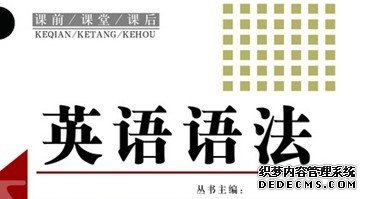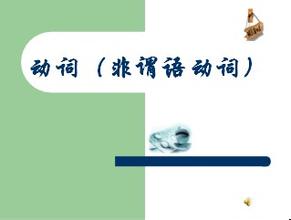外研版SB5 MODULE 4 The Magic of the Mask课文导学材料
外研版SB5 MODULE 4 The Magic of the Mask
Think of carnival, and you think of the crowds, costumes, and confusion. The sounds and
“人群”
sights change from one country to another but the excitement is the same everywhere.
“景象” “变化” “兴奋”
“Carnival” comes from two Latin words, meaning “no more meat”. In Europe, where it
“拉丁的”=which mean定语 “欧洲” 定语从句
began, carnival was followed by forty days without meat, as people prepared for the Christian
begin(began, begun) “跟随” “为。。。。。。做准备”
festival of Easter. People saw Carnival as a last chance to have fun at the end of the winter season.
“节日” “复活节” “机会” 定语 “季节”
Having fun meant eating, drinking and dressing up.
Doing结构做主语 Doing结构做宾语 mean(meant, meant)意味着;打算
The most famous carnival in Europe was in Venice. At the beginning, it lasted for just one
“开始” “持续”
day. People ate, drank, and wore masks. As time passed, however, the carnival period was
eat(ate, eaten)drink(drank, drunk) “随着时间过去” “时段”
wear(wore, worn) vt.”带着; 穿着; 蓄着” wear a smile “面带微笑”
extended, so that it began just after Christmas. For weeks on end people walked round the streets
begin(began, begun) “连续”
wearing masks, doing what they wanted without being recognized. Ordinary people could
“带着” doing结构做伴随状语 “认出” “普通的”
pretend to be rich and important, while famous people could have romantic adventures in secret.
“而” “浪漫的” “冒险” “秘密地”
Many crimes went unpunished.
“犯罪” “不被惩罚的”
The government realized that wearing masks had become a problem. Their use was limited
“政府” “意识到” become(became, become) “使用被限制”
by laws, the first of which dates back to the fourteenth century. Men were not allowed to wear
“法律” “追溯到”(一般现在时、无被动)“世纪” “允许”
masks at night; and they were not allowed to dress up as women. In later times more laws were
“更晚的时代”
passed. People who wore masks could not carry firearms and no one could enter a church wearing
“携带” “进入 教堂”
a mask. If they broke the laws, they were put into prison for up to two years. Finally, when Venice
break(broke, broken) “违反” put(put, put) “监狱”
became part of the Austrian empire, at the end of the eighteenth century, masks were banned
“奥地利的” “禁止”
completely, and carnival became just a memory. But in the late 1970s,the tradition was revived by
“完全地” “20世纪70年代晚期” “传统”
students. They began making masks and organizing parties, and threw bits of brightly coloured
throw(threw, thrown) “扔” “一片片色彩鲜艳的”




